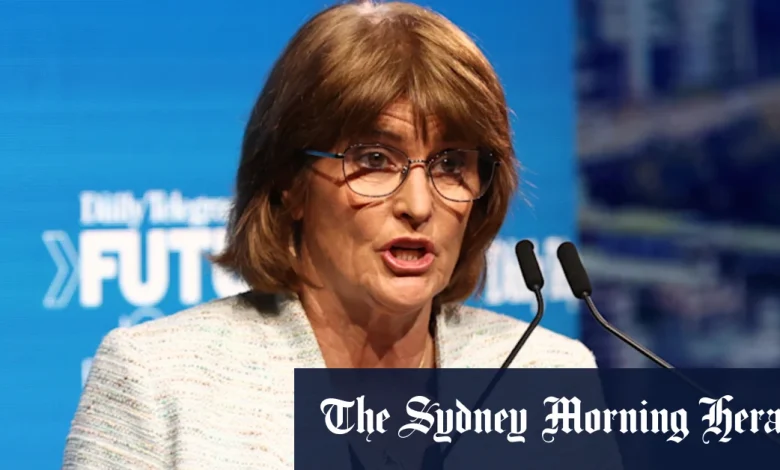Chance of rate cut sinks after inflation surges

The increase in housing costs reflected the biggest rise in property rates and charges in over a decade. These rates and charges are generally reviewed and increased by councils in the September quarter, but the 6.3 per cent growth this year was the largest since 2014 and shared across all capital cities.
Loading
While the annual jump in electricity prices (up 23.5 per cent) was broadly expected as government rebates were wound back, and rent increases continued to ease to 3.8 per cent – the lowest since December 2022 – price growth for services, including restaurants, dentists and vets, has risen.
Domestic holiday travel also became more expensive in the September quarter because of higher accommodation and airfare prices.
Capital Economics senior economist Marcel Thieliant said the figures suggested price pressures across the economy were broad-based in a development that would worry the Reserve Bank.
“With inflation vastly overshooting the RBA’s forecasts, the bank won’t cut interest rates at its November meeting, and the chances that it won’t loosen policy any further are rising,” he said.
Deloitte Access Economics partner Stephen Smith said while the figures were stronger than expected, they did not change his expectation that the Reserve Bank would cut rates in December.
He said the bank would look through the large lift in electricity prices, which were due to the end of consumer subsidies.
“September quarter economic growth data is expected to be soft, underscoring the continued cost-of-living pressure facing many households and the need for additional interest rate relief to further propel a nascent economic recovery,” he said.
More to come





